Agenția de rating Standard & Poor’s (S&P) arată, cu doar o lună înainte de evaluarea oficială, faptul că România este stabilă din punct de vedere economic, în ciuda crizei politice. Analiștii explică faptul că Executivul menține politicile fiscale și notează că este posibilă o ameliorare a conflictului politic după ce vor avea loc alegerile interne din PNL și USR-PLUS.
”Așteptările noastre, în scenariul de bază, sunt ca Executivul să încerce păstrarea capacității de funcționare pe termen scurt pentru a atrage finanțarea europeană. Adoptarea rectificării bugetare, de săptămâna trecută, indică faptul că Executivul are capacitatea de a-și duce la îndeplinire politicile. Cu toate acestea, incertitudinea persistentă ar putea accentua riscurile fiscale pe termen mediu”, arată analiștii S&P.
”Deocamdată, creșterea economică revigorantă a României contribuie la atenuarea presiunii asupra poziției fiscale a guvernului. Economia a revenit deja la producția sa prepandemică, înregistrând o creștere cu 6,5% în prima jumătate a anului 2021, depășind prognoza noastră din aprilie, unde era o creștere de 5% pentru întregul an.”, mai spun aceștia.
Mai jos întreg comentariul celor de la S&P:
”Romania Political Events Unlikely To Stop Consolidation
S&P Global Ratings said today that it does not expect imminent risks to Romania’s (BBB-/Stable/A-3) near-term fiscal consolidation plans following the resignation on Sept. 7, of USR Plus ministers from the government coalition. USR Plus’ withdrawal, following a series of policy clashes and intra-coalition tensions, will require Prime Minister Florin Citu to seek parliamentary reapproval for his now minority cabinet within 45 days. This comes at a time when the government is set to engage with the European authorities to secure funds from the EU’s Recovery and Resilience Facility.
We assume, in our base case, that the government would aim to preserve its capacity to function over the short term in order to contract this funding, which we understand is ready to be disbursed. The adoption of Romania’s budget rectification for 2021 last week suggests that there is capacity to execute policy, in our view. That said, persistent uncertainty could accentuate fiscal risks over the medium term.
Separately, the USR Plus party filed a motion to censure Citu’s government but we understand the debate and vote have been delayed. This is the second time that confidence in the government has been questioned in just four months.
Aside from the ongoing votes of confidence, both parties will hold elections of their leadership over the coming month. This could spur a political re-set of coalition talks, somewhat complicating the political outlook.
For now, Romania’s rebounding economic growth is helping to mitigate pressure on the government’s fiscal position. The economy has already returned to its prepandemic output, expanding by 6.5% over the first half of 2021, outperforming our April forecast of 5% growth for the full year (see “Romania Outlook Revised To Stable From Negative On Decreasing Fiscal Risks; ‘BBB-/A-3’ Ratings Affirmed,” published April 16, 2021).
We forecast GDP growth at about 4.5% in 2022 and 2023, buoyed by EU and Next Generation EU grants and loans totaling 20% of Romania’s GDP between 2021 and 2026. Our current forecasts include a general government deficit of 7% of GDP in 2021, before gradually narrowing to 3% of GDP in 2024 supported by the government’s consolidation agenda and Romania’s recovering economy.
Nevertheless, should the political deadlock persist, it could disrupt progress on much-needed fiscal reform. We still believe that medium-term fiscal consolidation and a rebalancing of Romania’s budget structure, aided by successful absorption of EU financing, are key elements to stabilizing the country’s fiscal and external positions.
The next scheduled review of our ratings on Romania is on Oct. 15, 2021.”.

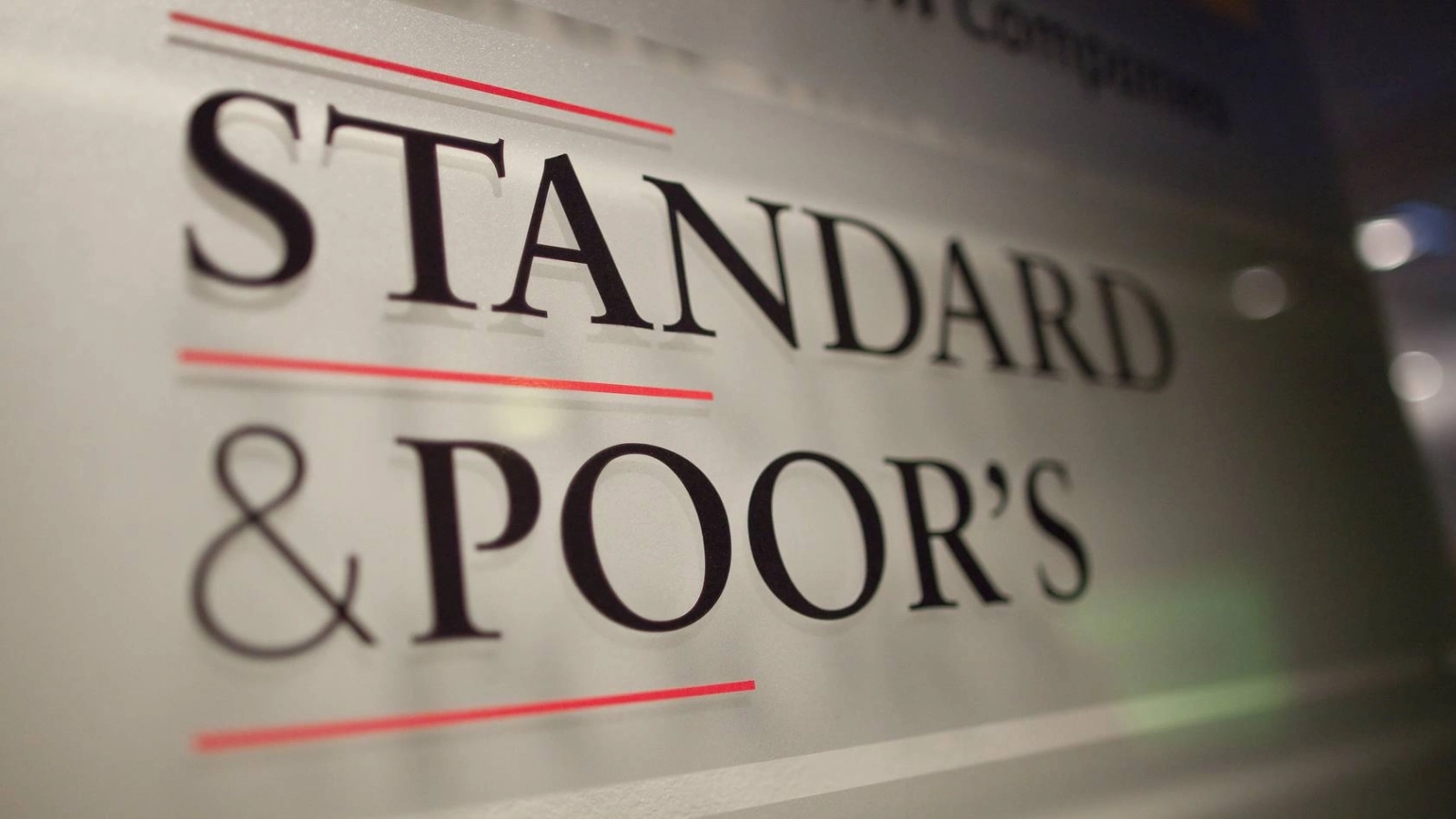






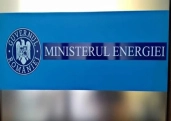





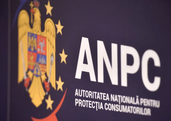






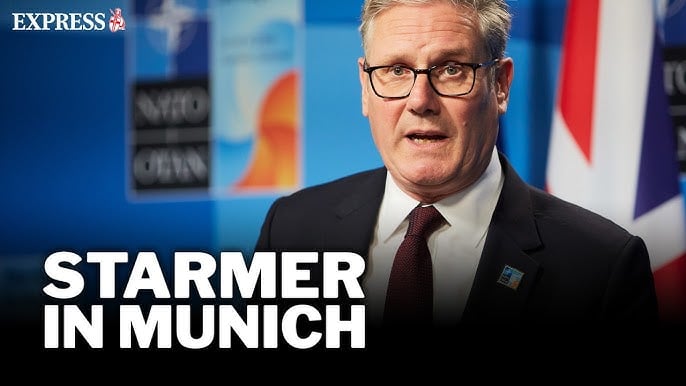

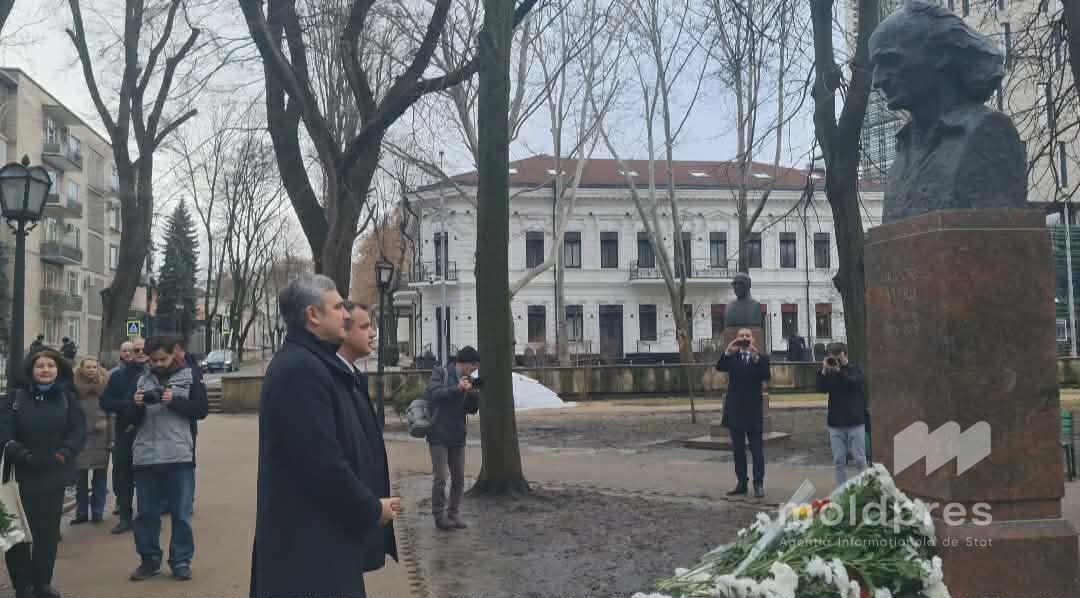





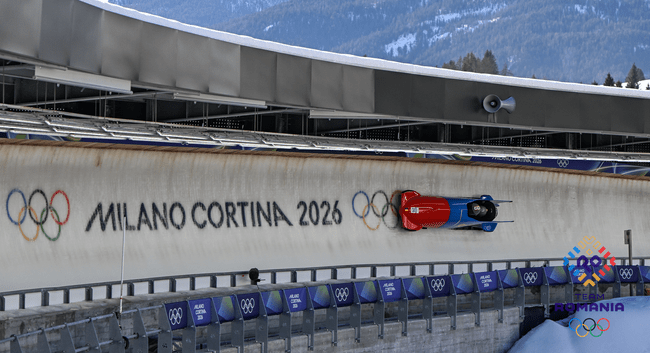


Comentează